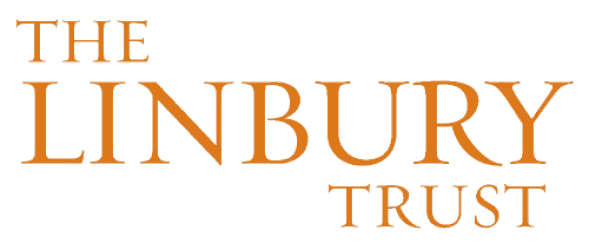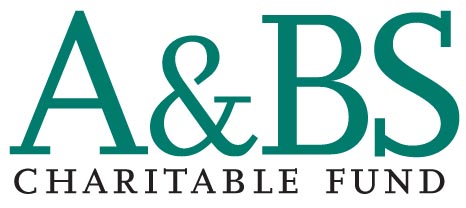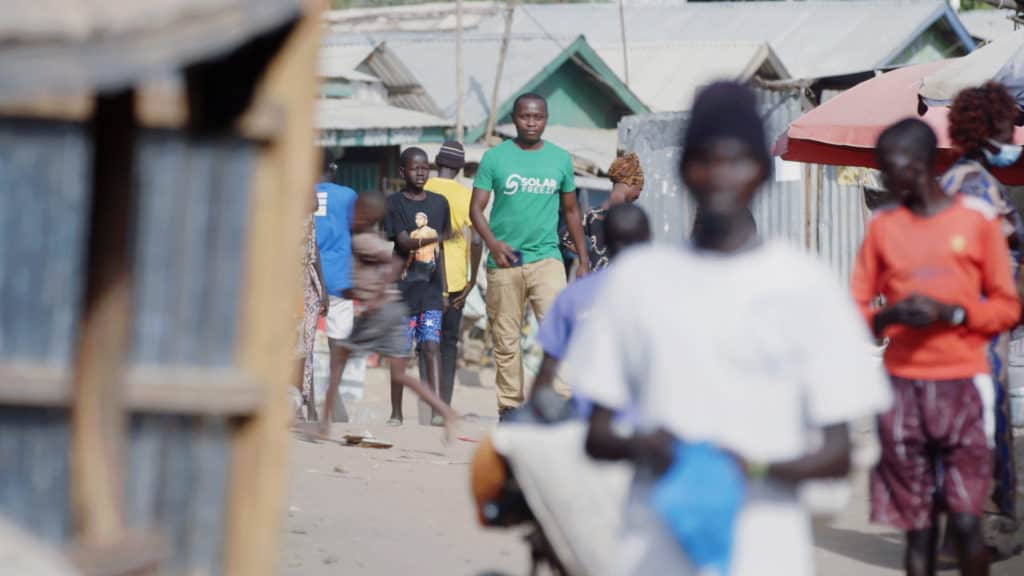Solar Freeze, a Kenyan-owned-and-run company, offers cooling for food and medicine in Kakuma refugee camp. Its sustainable and affordable service has supported health clinics and small businesses, and 100 women and young people have received free technical training.
Solar Freeze was founded in 2016, offering affordable and sustainable cooling to farmers in Eastern Kenya through solar-powered cold rooms. Two years later it began work in Kakuma refugee camp – a settlement of about 200,000 people, where access to clean and affordable energy is extremely limited.
Solar Freeze supports refugees and host communities
100 people have received free training
Cold storage benefits farmers, clinics and others
"When we think of a refugee camp, we don’t generally think of the struggles that clinics and small enterprises face without cooling. Through the Ashden Award, we want to highlight the resilience that renewable energy builds."
Dysmus Kisilu, CEO of Solar Freeze.


